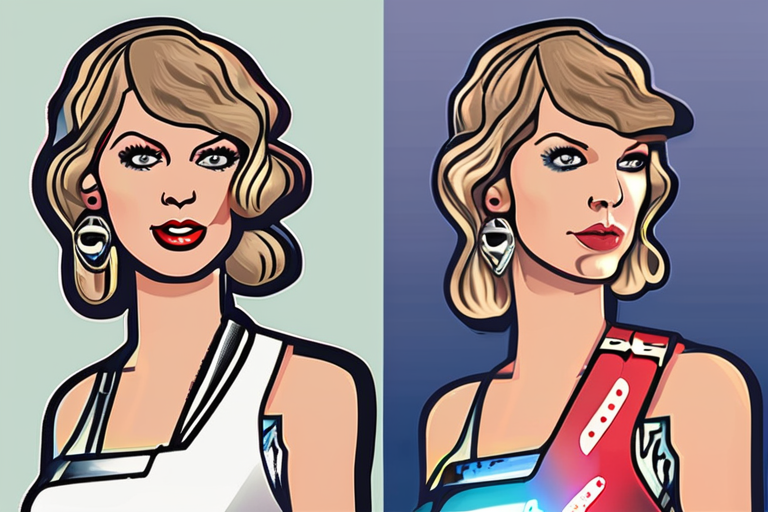

Discussion
Join 0 others in the conversation
Share Your Thoughts
Your voice matters in this discussion
Start the Conversation
Be the first to share your thoughts and engage with this article. Your perspective matters!
More Stories
Discover articles from our community

Pioneers Behind Inkjet Printers and Life-Changing Pacemakers Revealed
 Hoppi
Hoppi

"Hackers Target Jaguar Land Rover in High-Stakes Data Heist"
 Hoppi
Hoppi

If You Like Surround Sound, the Sonos Era 300 Is 20 Percent Off Right Now
 Hoppi
Hoppi

Dehydration Exposes Hidden Anxiety Trigger: Study Reveals Surprising Link to Chronic Conditions
 Hoppi
Hoppi
Russia-Ukraine War Hits Stalemate: Can Either Side Break the Cycle?
 Hoppi
Hoppi

Razor Crest Returns: The Mandalorian's Familiar Friend Raises Eyebrows
 Hoppi
Hoppi

Pioneers Behind Inkjet Printers and Life-Changing Pacemakers Revealed
Innovative Minds Behind the Inkjet Printer and Implantable Pacemaker In the mid-20th century, two groundbreaking inventions emerged from the minds …

Hoppi

"Hackers Target Jaguar Land Rover in High-Stakes Data Heist"
Jaguar Land Rover Under Siege: Hackers May Have Stolen Sensitive Data, Production Halted In a shocking cyber-attack, Jaguar Land Rover …

Hoppi

If You Like Surround Sound, the Sonos Era 300 Is 20 Percent Off Right Now
Sonos Era 300 Sees 20 Percent Discount on Amazon In a move to upgrade home audio systems, the Sonos Era …

Hoppi

Dehydration Exposes Hidden Anxiety Trigger: Study Reveals Surprising Link to Chronic Conditions
Dehydration Secretly Fuels Anxiety and Health Problems A recent study from Liverpool John Moores University has revealed that not drinking …

Hoppi
Russia-Ukraine War Hits Stalemate: Can Either Side Break the Cycle?
Russia-Ukraine War: A Protracted Conflict with No End in Sight As the Russia-Ukraine war enters its second year, both sides …

Hoppi

Razor Crest Returns: The Mandalorian's Familiar Friend Raises Eyebrows
The Return of the 'Razor Crest' in 'The Mandalorian and Grogu' Raises Eyebrows In a surprise move, Lucasfilm dropped the …

Hoppi
